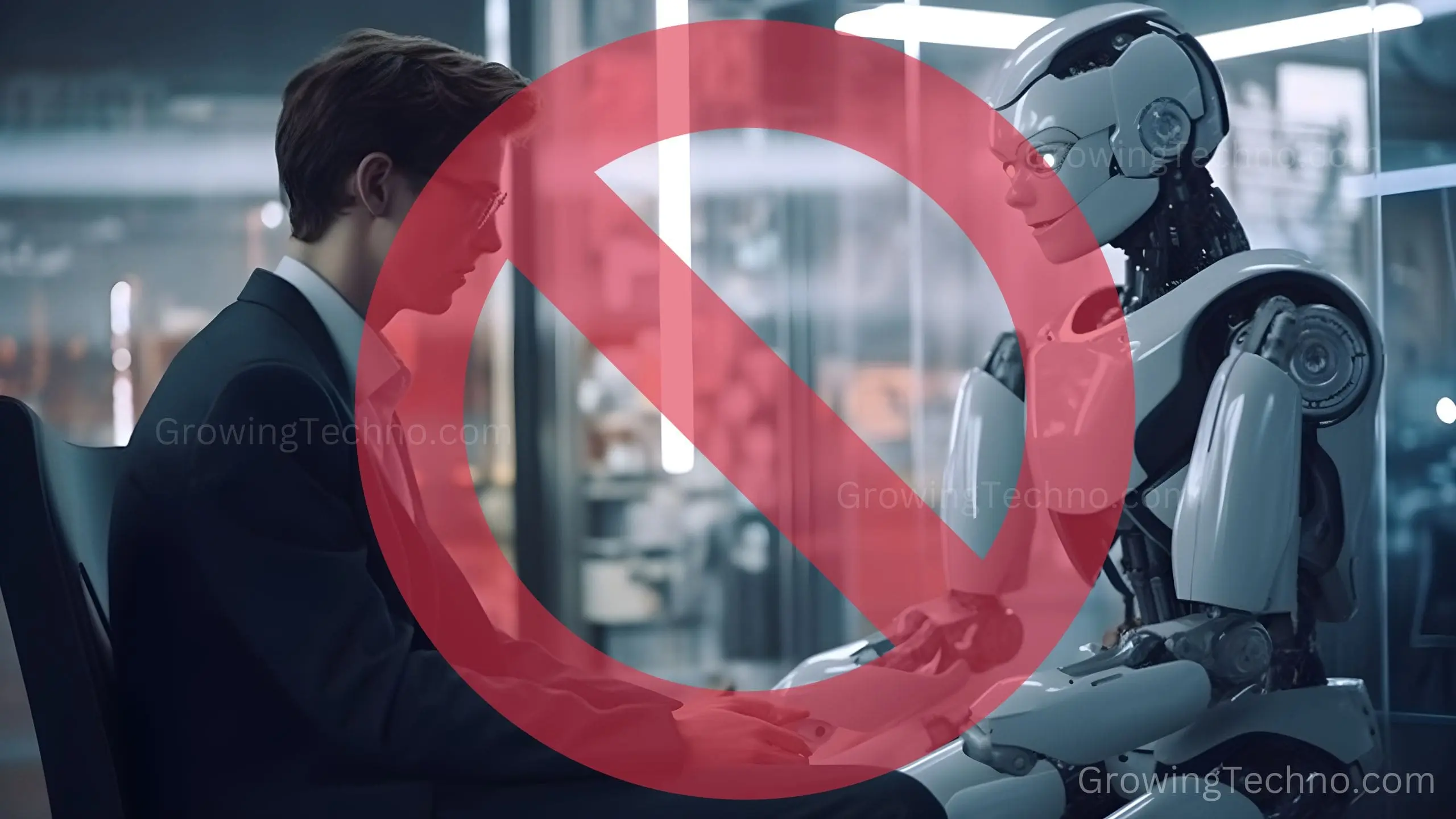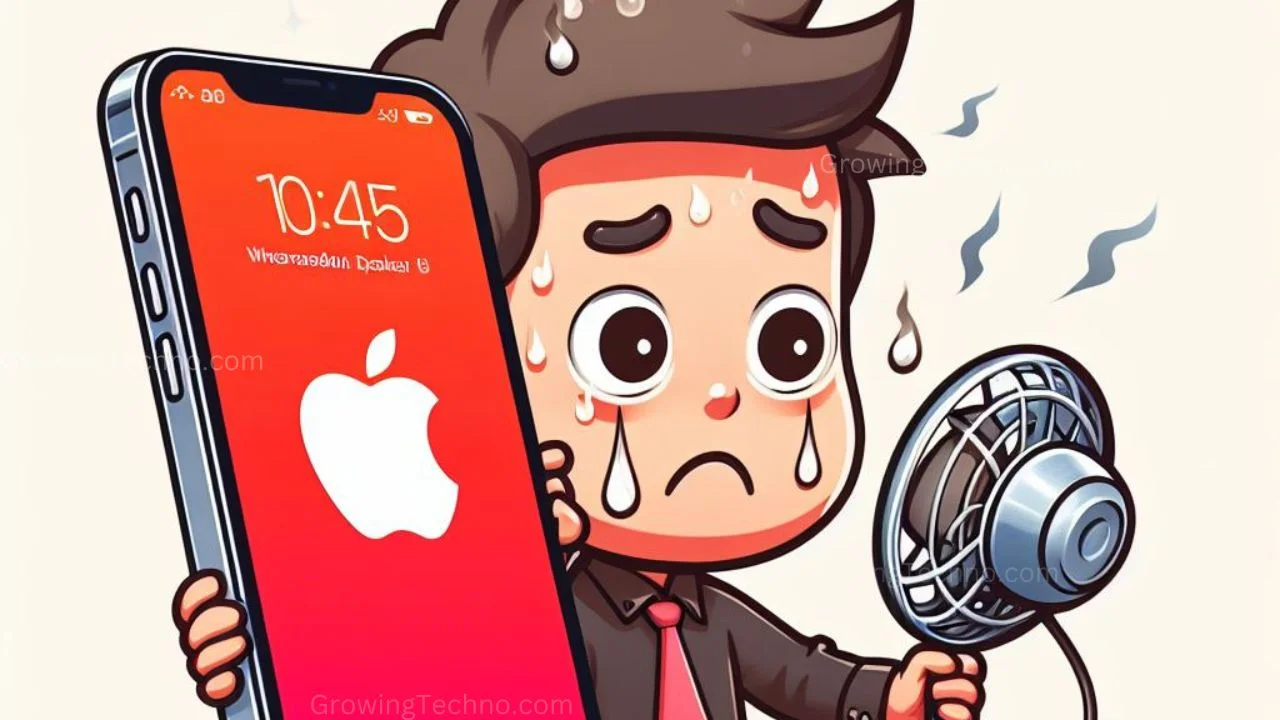
In a significant legal development, the United States government has filed a lawsuit against eBay, one of the world’s largest online marketplaces. The lawsuit alleges that eBay violated several environmental laws. The violation including the Clean Air Act, by facilitating the sale of harmful products on its platform. This article explores the details of the case, the nature of the harmful products involved, and the potential consequences for eBay.
The Allegations:
The U.S. government’s lawsuit against eBay centers on the sale of various harmful products through its online marketplace. Among the key allegations are:
- Sale of “Defeat Devices”: The lawsuit accuses eBay of enabling the sale of over 343,000 aftermarket “defeat devices.” These devices, similar to those involved in the Volkswagen “Dieselgate” scandal, bypass vehicle emission controls. By doing so, they allow vehicles to cheat emissions tests, making them appear compliant with environmental standards when, in fact, they emit significantly higher levels of pollutants. These defeat devices have the potential to harm public health and undermine efforts to improve air quality.
- Unlawful Pesticide Sales: The lawsuit also asserts that eBay permitted the sale of at least 23,000 pesticide products that were unregistered, misbranded, or restricted use. Some of these products were banned. Some had restrictions in place due to their potential to harm human health and the environment. Notably, eBay continued to allow the sale of these products even after a “stop sale” order was issued by the U.S. Environmental Protection Agency (EPA) in 2020.
- Distribution of Hazardous Chemicals: eBay is alleged to have distributed over 5,600 products containing methylene chloride, a chemical used in paint and coating removers. Methylene chloride is associated with severe health risks, including neurological impairment and fatalities. This chemical is banned, making its distribution illegal.
The Legal Consequences:
The Department of Justice (DOJ) filed the lawsuit on behalf of the EPA. The lawsuit seeks to hold eBay accountable for its role in the sale and distribution of these harmful products. The potential consequences for eBay could be significant, including potential penalties amounting to billions of dollars.

For each violation of the Clean Air Act, eBay may face penalties of up to $5,580. Considering the large number of defeat devices involved, these penalties alone could be substantial. Additionally, eBay may be required to pay penalties for violations related to the sale of unregistered pesticides and hazardous chemicals containing methylene chloride.
eBay’s Response:
eBay responded to the lawsuit by emphasizing its commitment to preventing the sale of harmful products on its platform. The company asserts that it blocks and removes over 99.9% of listings for products cited in the DOJ’s complaint. It also highlights its collaboration with law enforcement agencies, including the DOJ, to address emerging risks and enforce regulations.
However, the U.S. government’s position is that eBay has not done enough to prevent these illegal transactions from occurring on its platform. The lawsuit contends that eBay possesses the authority and resources to effectively curb the sale of such products but has chosen not to do so.
Environmental Impact and Public Health:
The lawsuit against eBay highlights the significant environmental and public health implications associated with the sale of harmful products. Defeat devices, unlawful pesticides, and hazardous chemicals pose serious risks to both the environment and individuals’ well-being. The allegations emphasize the importance of enforcing environmental laws to protect communities disproportionately affected by these hazards.
The Future of E-commerce Regulation:
This case also underscores the growing importance of regulatory oversight in the e-commerce industry. Online marketplaces like eBay, which play a pivotal role in global commerce, must adhere to legal and environmental standards to maintain consumer trust and safeguard public well-being. The outcome of this lawsuit could set a precedent for how e-commerce platforms address environmental and regulatory concerns. Ultimately, the lawsuit serves as a reminder of the vital role of legal and environmental protections. It’s in safeguarding public health and the environment in the digital age.
















